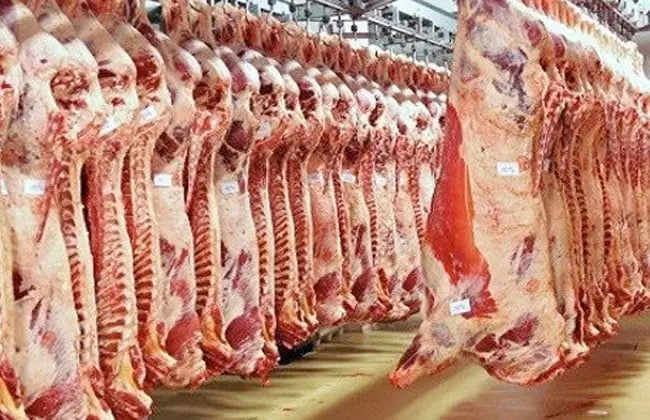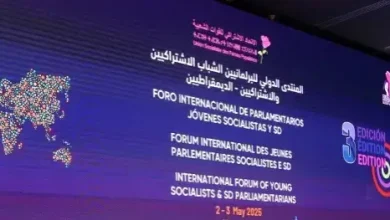An upcoming crisis in a massacre of Bouknadel which promised a disturbance of food security in the region of Rabat, dirty Quneitra

This article was automatically translated from HIBAPRESS, the Arabic version:
This article was automatically translated from Hibapress, the Arabic version:
The Bouknadel massacre, which is the largest at the level of Rabat Sale Quneitra, attends an unprecedented congestion state in the ranks of butchers, after refusing to make the slaughter process due to a new dispute with the private company, which is authorized to transport meat. This dispute revolves around a new increase imposed by the company linked to the “Tour”.
The butchers used to perform 10 dirhams for each head of the sheep in exchange for the transport service, before they were surprised by an additional increase of 15 dirhams, which were allocated exclusively to transport the “round”, which they considered an illogical and unfair decision, in particular in the light of the difficult conditions in the red meat sector in Morocco.
In a protest stage, a certain number of butchers have signed a petition which they raised on the wills, in which they asked to find an urgent and fair solution which takes into account the economic capacity of professionals in the sector, and stops what they have described as “an unjustified exploitation” by the transfer company.
The available data indicate that if an agreement is not concluded which satisfies the parties concerned, the slaughter process will stop completely tomorrow, which means that the local markets of Rabat, Sala and Quneitra with red meat cannot, which would create a real crisis in food security in the region, in particular in the light of high prices and the decline in the purchase power of citizens.
These developments arise in a context in which the red meat sector is known as a continuous turmoil, although a significant drop in cattle prices in recent weeks, a decrease which has not been positively reflected in the end consumer. According to professionals, this is attributed to the absence of effective mechanisms to control the distribution and marketing chain, in addition to high mediation, transport and storage costs.
.Hibawts {display: inine-flex; Align-Eeetems: Center; Justification-contained: Center; Background color: # 25D366; padding: .5rem 1.25rem; Police size: 1st; Link-Height: 1.5rem; Police-point: 500; -Tw-tox-opacity: 1; Transition time:. 7s; Transition timing funiating: Cubic-Bezier (. 4.0, 2.1); Width: 49%; } .HIBAWTS SPAN {Color: #FFFFFS; } Padding: 10px; Border-Radius: 10px; Color: #FFF; Police: Bold; Display: inheritance; Marge pot: 5px; } Padding: 10px; Border-Radius: 10px; Color: #FFF; Police: Bold; Display: inheritance; Marge pot: 5px; } Padding: 10px; Border-Radius: 10px; Color: #FFF; Police: Bold; Display: inheritance; } Width: 3rd; Height: 2m; ADIGNE VERTICAL: Middle; Display: online block; Marge: Var (-google -News-icon-Margin); } Url (“https://ar.hibapress.com/wp-constrent background-size: auto; background-size: 2m 2em;} url (” https://ar.hibapress.com/wp-content/themes/hibapress/hiba.svg?6.52#sshare- Telegramgramgramgramgramgramgramgramgramgramgrantargramess-size: Auto; last news from Heba Bress on x







